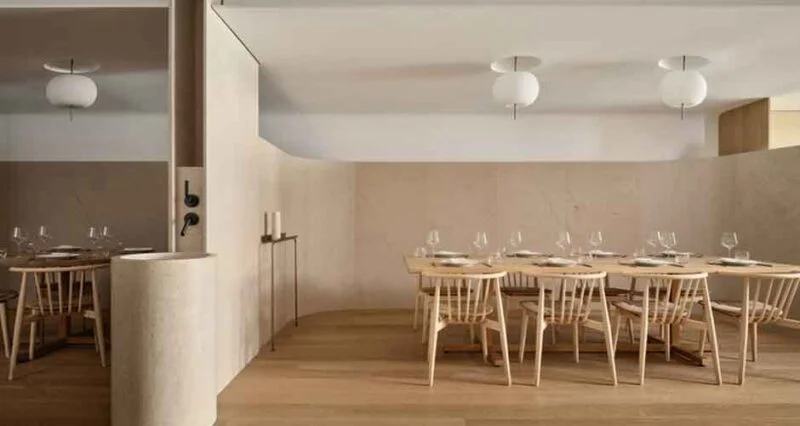
Australia has always had a rich café and restaurant scene within the main towns and cities, and this seems to be a trend that will continue. With many people using cafes and restaurants to entertain friends, to work online, or to refuel during the day.
Every detail counts in the world of hospitality. Commercial tables are often overlooked as a silent fixture in any public premises. The tables not only serve as a functional platform for dining and drinking they also help set the overall ambience of a business.
From the sleek classic elegance of a fine dining establishment to the comfortable charm of a busy café, commercial tables play an important part in shaping the overall consumer experience.
When designing a restaurant every element is carefully curated to evoke a specific ambiance and meet the needs of the expected consumer. While the menu, and the kitchen, is perhaps the most important route to success, the service secondly important, the furnishings and décor run a close third.
When consumers talk about their favorite restaurants and cafes it is often the décor that first comes to their mind when they picture the establishment in their mind.
In the fast-paced industry of restaurants and cafes tables are expected to not only withstand the rigours of daily use, be pleasing to the eye, and also facilitate smooth operations.
Commercial tables need to be durable. Materials such as teaks or hardwoods, metal alloys, and laminates are often preferred for their resilience against spills and scratches.
Size is also a concern in venues where space is limited. The placement of tables to maximize seating capacity is important. This needs to be done while not compromising comfort.
Floor planning is a strategic dilemma that all business owners in the field experience.
Having a bright area with lots of natural light flooding in can give the feeling of space along with being a naturally uplifting environment.
Moving beyond practical utility commercial tables can also serve as a platform for creativity and innovation in restaurant and café design. From custom-made artisan hand-crafted to avant-garde designs tables can become a focal point rather than an unsung hero. Thoughtfully placed tablescapes adorned with elegant tableware leave a lasting impression on consumers.
Some premises are harnessing the trend of sustainability into their ambience with recycled and repurposed materials used to build an eco-friendly environment. Reclaimed wood, bamboo, and other repurposed durable materials can last longer while projecting a socially conscious image to clientele.
In conclusion, commercial tables are more than just functional furniture in the world of hospitality. They are integral components that shape the whole consumer experience and reflect the identity of the establishment.
With the accommodation and food services industry increasing in size the market becomes more challenging. Tables play a vital role in the success of restaurants and cafes as the backbone of hospitality, commercial tables embody the marriage between practicality and creativity that defines the interest in dining out.

